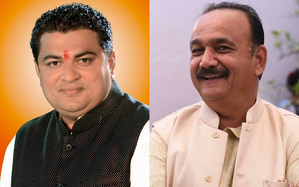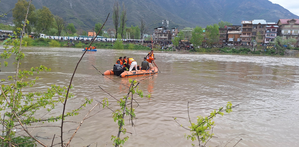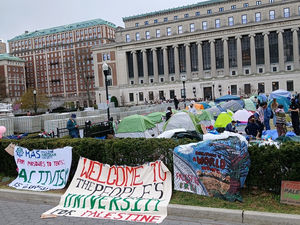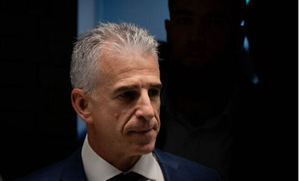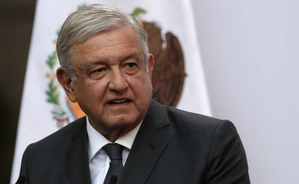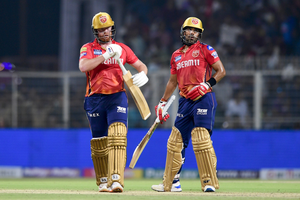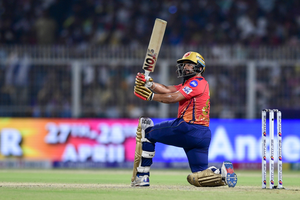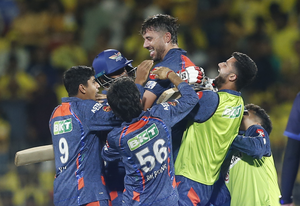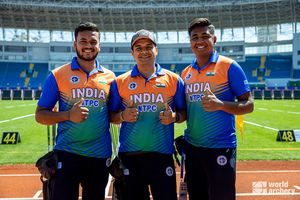In a surprising turn of events at the 2023 G20 New Delhi summit, Canada and India found themselves at odds, bypassing a formal bilateral meeting and instead choosing to address concerns informally on the sidelines. The central point of contention revolved around Indian Prime Minister Narendra Modi’s concerns about Sikh protests in Canada, and Canadian Prime Minister Justin Trudeau’s allegations regarding the Indian government’s involvement in the assassination of Hardeep Singh Nijjar. This strained atmosphere cast a shadow over ongoing trade negotiations between the two nations.
Mere weeks after the summit, Trudeau addressed the House of Commons, hinting at “credible allegations” of the Indian government’s hand in Nijjar’s killing, without providing concrete evidence. This allegation rapidly escalated the already delicate diplomatic situation, resulting in a tit-for-tat expulsion of top diplomats from both countries.
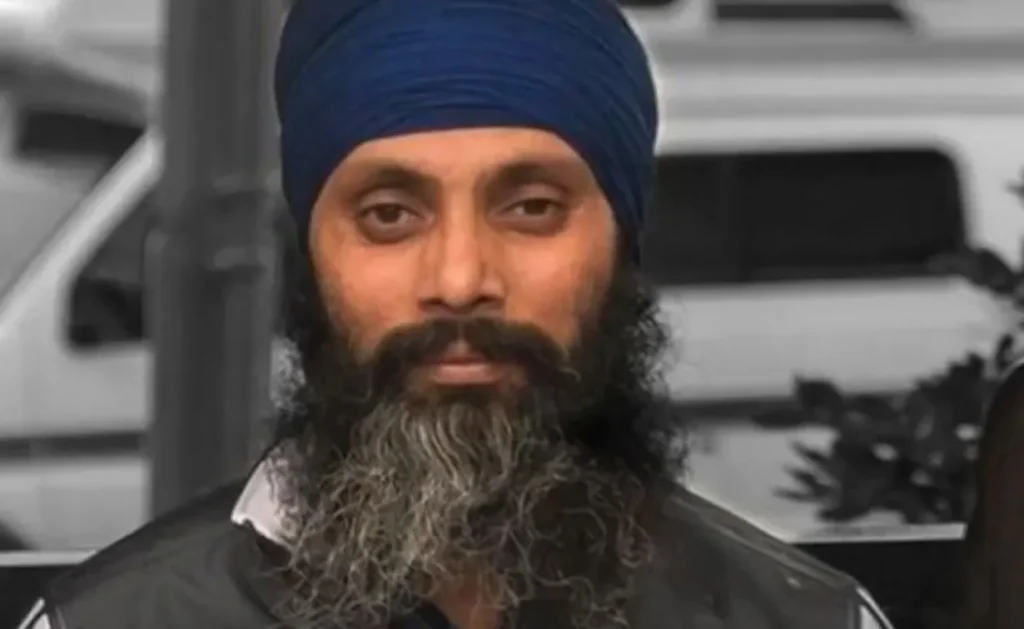
India denounced the accusations as “absurd” and advised its citizens in or traveling to Canada to “exercise utmost caution” due to what it termed as “growing anti-India activities.” Canada’s Minister of Immigration, Refugees, and Citizenship, Marc Miller, countered India’s advisory, refuting their portrayal of Canada as an unsafe destination.
Subsequently, on September 21, India suspended visa applications for Canadians until an undisclosed future date. This series of events marks a significant departure from the historically cordial relations between Canada and India, with analysts worldwide closely monitoring the situation, hoping for de-escalation and a return to collaborative diplomacy between the two nations.
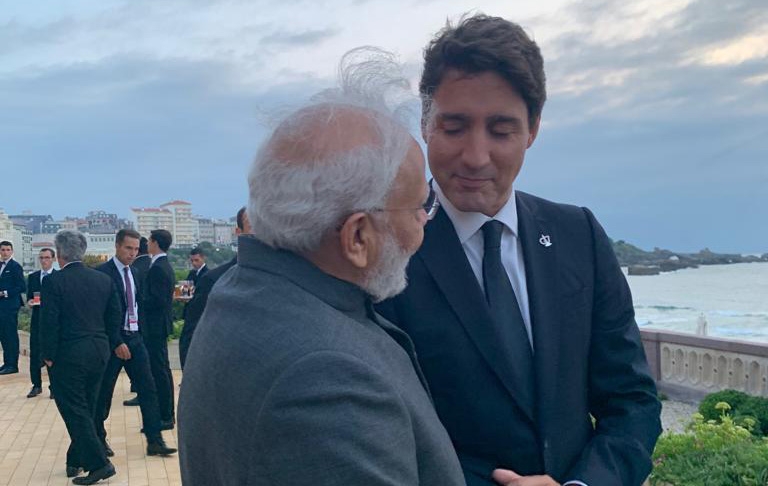
Two commentators, Barkha Dutt from India and David Moscrop from Canada, provide their perspectives on the situation:
Barkha Dutt criticizes Trudeau for his alleged tolerance of extremism in Canada, particularly among secessionist Sikhs advocating for Khalistan. She argues that Trudeau’s claims regarding the Indian government’s involvement in Nijjar’s assassination have solidified his poor reputation in India. Dutt highlights Nijjar’s criminal background and the lack of evidence provided by Trudeau, which she believes makes the allegations suspect.
David Moscrop explains that India and Canada had been strengthening their ties, particularly through trade agreements, until the assassination of Hardeep Singh Nijjar in Canada in June. Trudeau’s subsequent accusation that India was involved in the murder led to a rapid deterioration in their relations, resulting in the expulsion of diplomats. Moscrop suggests that long-term strategic interests may eventually force an improvement in relations but acknowledges the ongoing damage.
Furthermore, the article discusses the implications of Trudeau’s accusations on the global stage, with the United States and its allies potentially facing difficult choices in how they respond to the dispute. It notes that the US administration faces a challenging situation as it tries to maintain relations with both Canada and India. Other allies like the UK have expressed zero tolerance for Khalistani separatism, while Australia has expressed concern and mentioned ongoing investigations into the matter.







